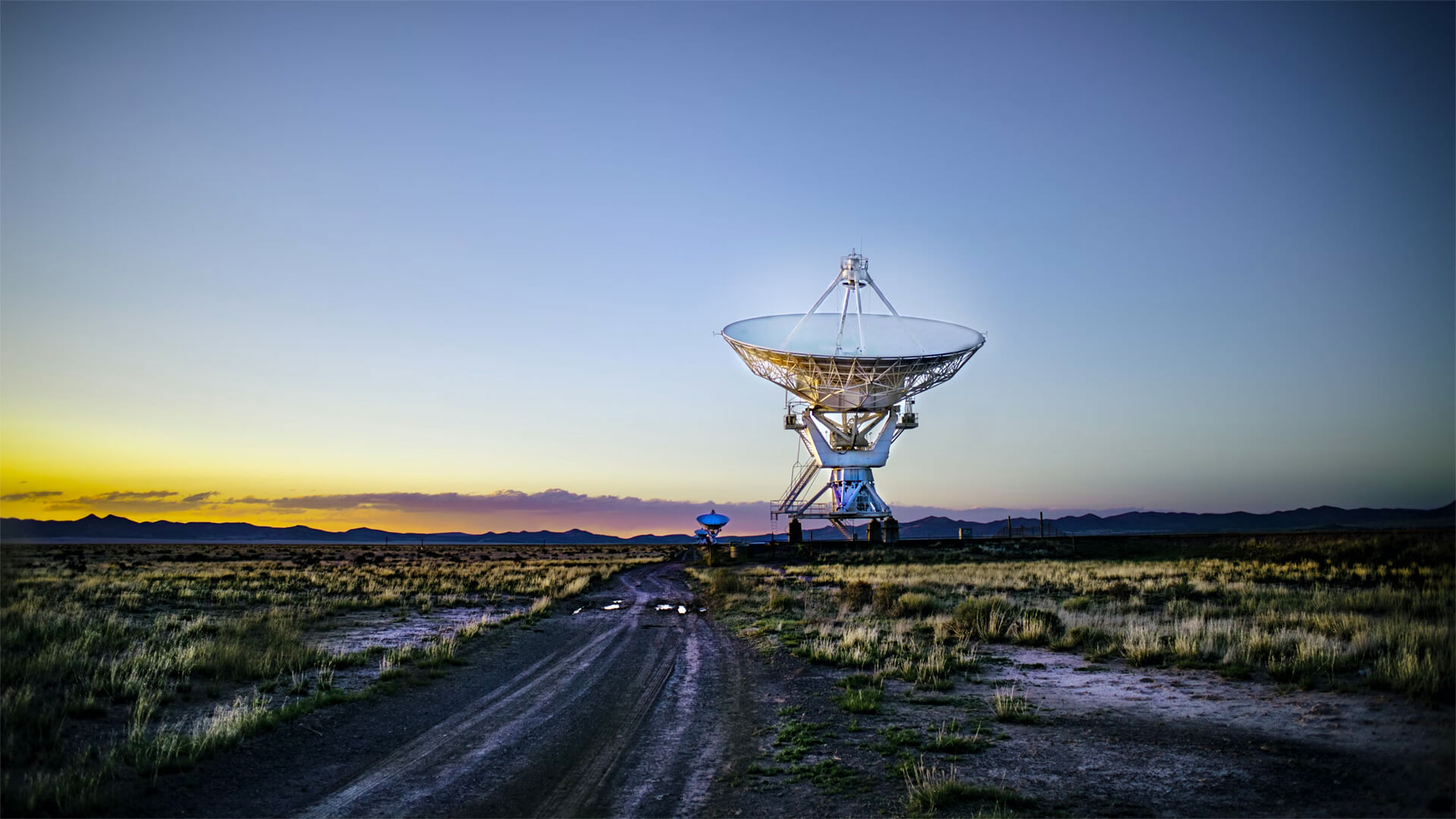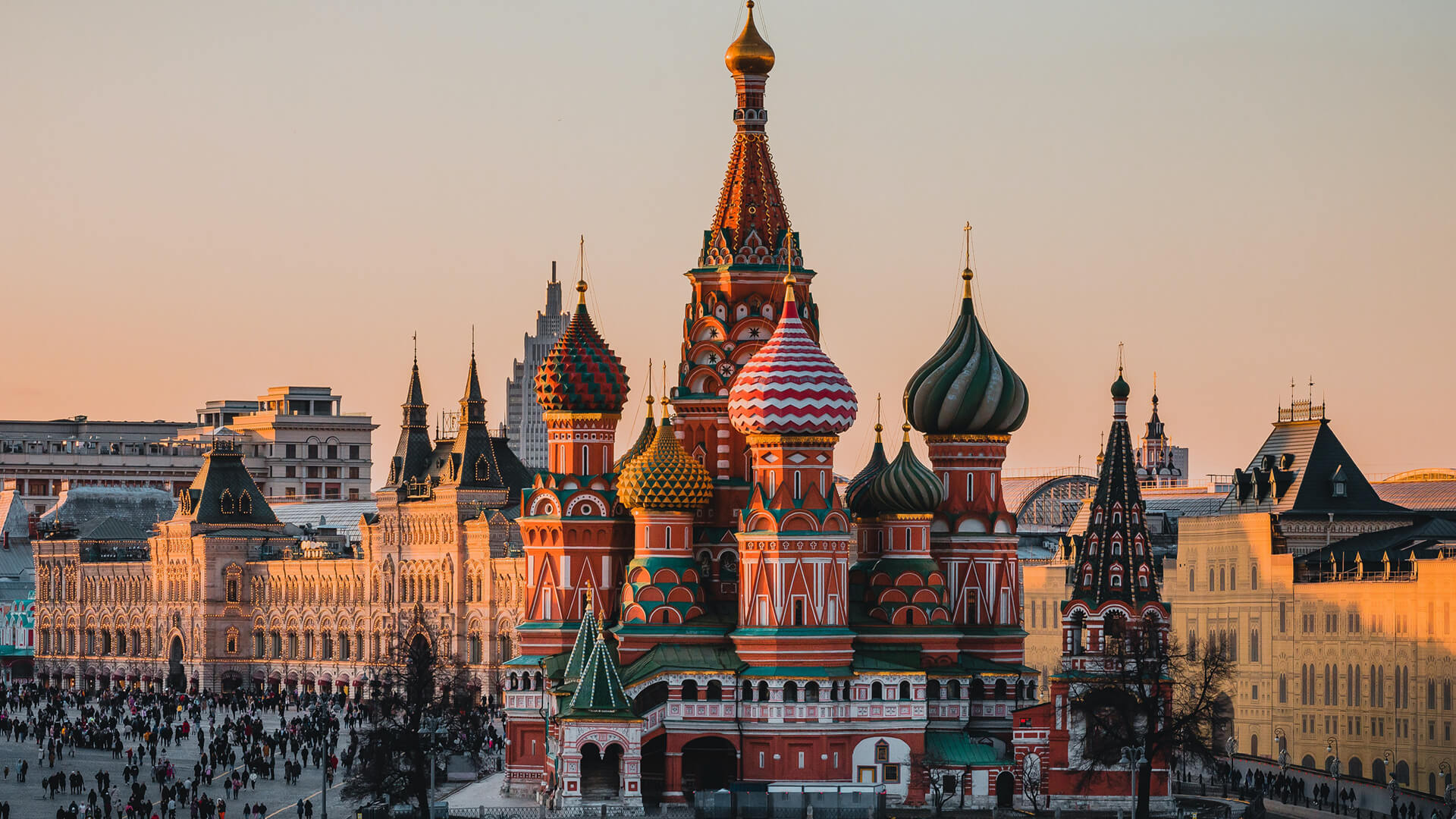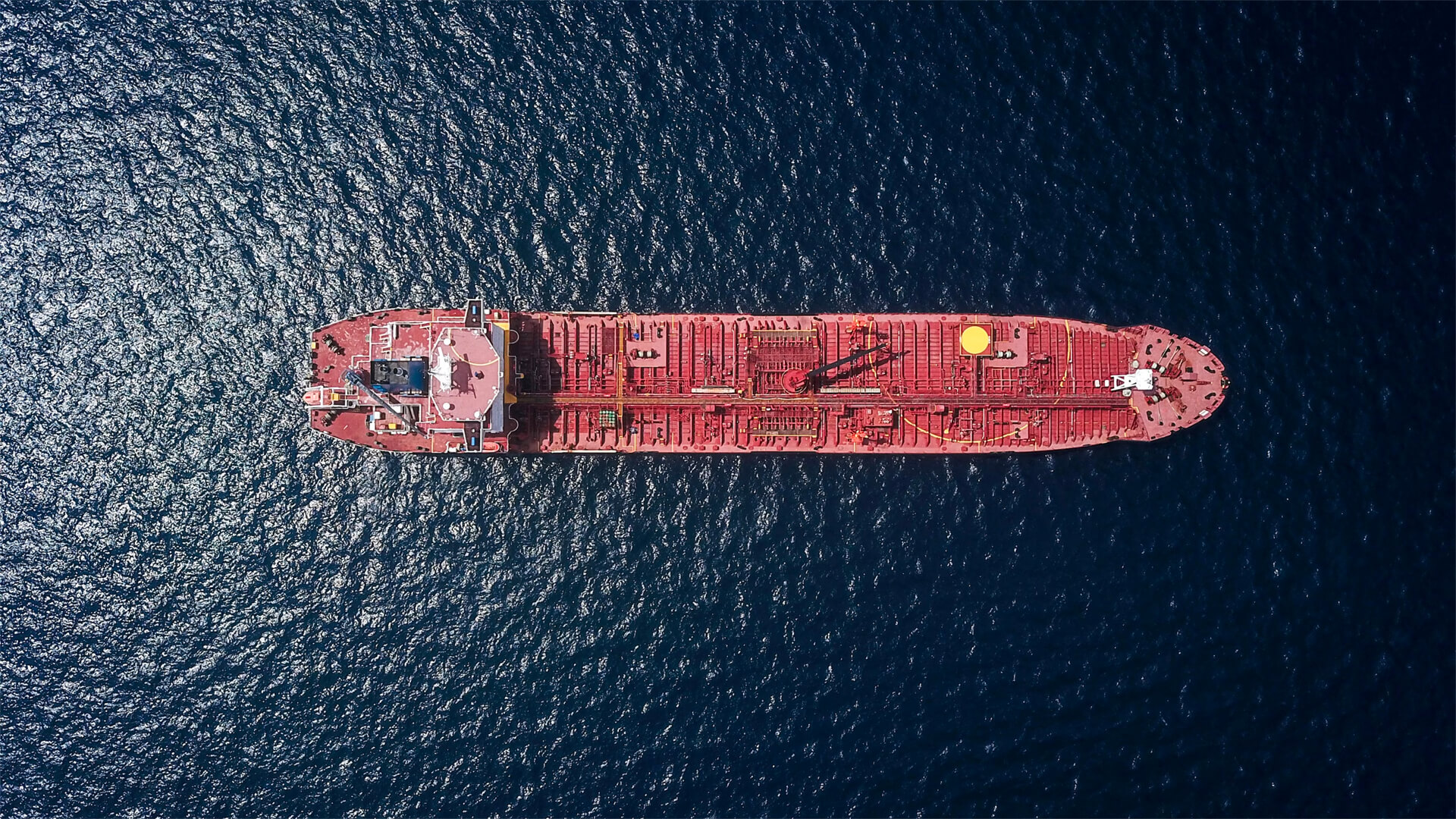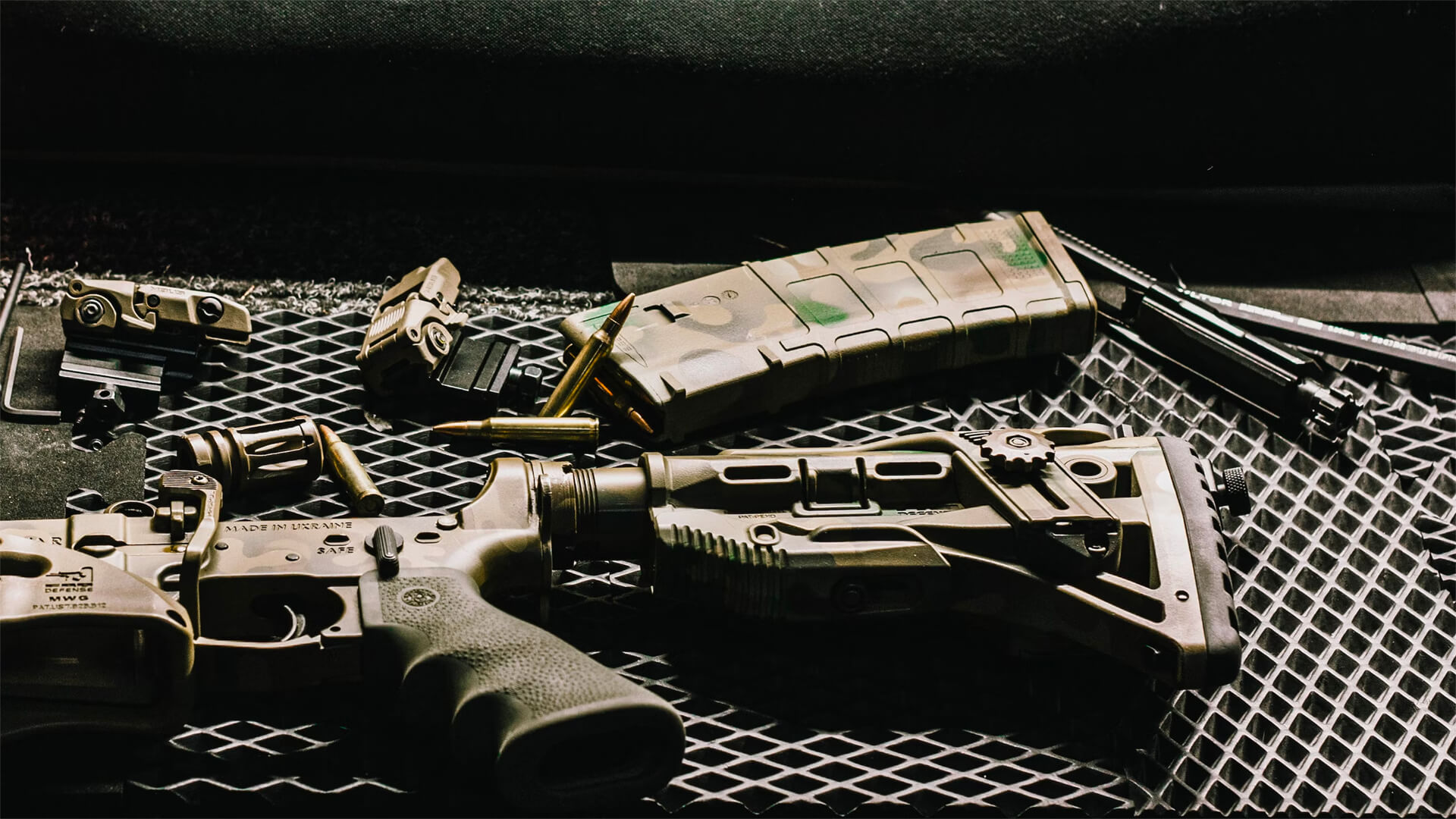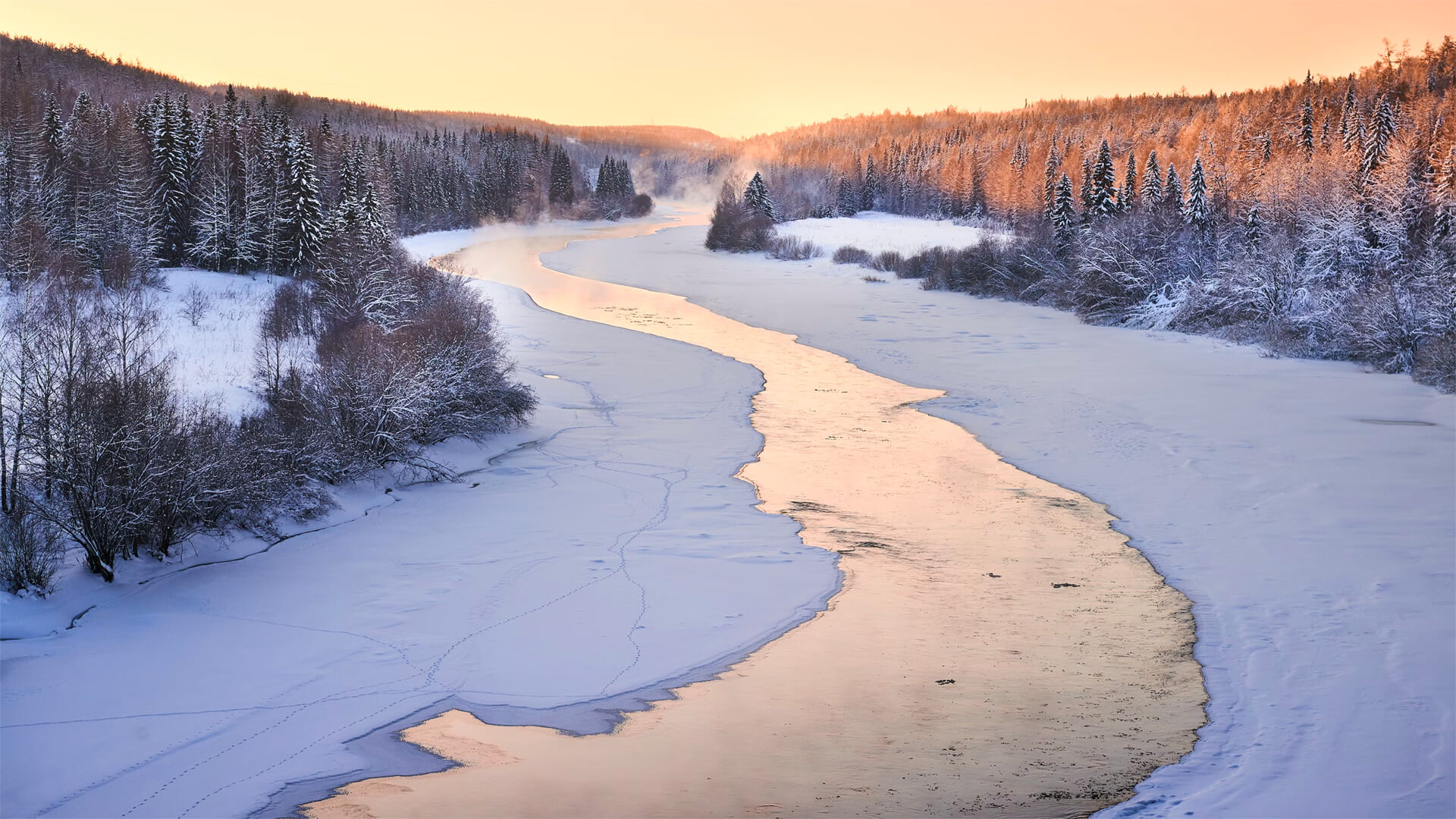With the demand for lithium growing, Chile is making moves to nationalize its lithium industry. This isn’t just another money grab; it’s an effort to move up the value-add chain.
The Indonesians have seen noteworthy success with the reclamation of their nickel industry, and the Chileans are looking to take a page from the Indonesian playbook. One of the most significant changes will be the development of critical infrastructure in the Atacama Desert, where most of the Chilean lithium is found.
So who are the biggest winners and losers in all of this? China is really the only loser; much of its lithium ore supply will disappear and its processing infrastructure will sit idle. The Chileans are the biggest winners, but most countries transitioning to green energy will benefit from this. So maybe nationalism isn’t always bad…
Prefer to read the transcript of the video? Click here
Here at Zeihan On Geopolitics we select a single charity to sponsor. We have two criteria:
First, we look across the world and use our skill sets to identify where the needs are most acute. Second, we look for an institution with preexisting networks for both materials gathering and aid distribution. That way we know every cent of our donation is not simply going directly to where help is needed most, but our donations serve as a force multiplier for a system already in existence. Then we give what we can.
Today, our chosen charity is a group called Medshare, which provides emergency medical services to communities in need, with a very heavy emphasis on locations facing acute crises. Medshare operates right in the thick of it. Until future notice, every cent we earn from every book we sell in every format through every retailer is going to Medshare’s Ukraine fund.
And then there’s you.
Our newsletters and videologues are not only free, they will always be free. We also will never share your contact information with anyone. All we ask is that if you find one of our releases in any way useful, that you make a donation to Medshare. Over one third of Ukraine’s pre-war population has either been forced from their homes, kidnapped and shipped to Russia, or is trying to survive in occupied lands. This is our way to help who we can. Please, join us.
CLICK HERE TO SUPPORT MEDSHARE’S UKRAINE FUND
CLICK HERE TO SUPPORT MEDSHARE’S EFFORTS GLOBALLY
TRANSCIPT
Hey everybody. Peter Zeihan coming to you from snowy Colorado. And today we’re going to talk about some of the changes in the lithium market that are going on because of the Chileans. Now, the Chileans are one of the world’s two largest producers, with Australia being the other one. And most of the lithium that Chile produces comes from basically brine. They dissolve a number of things that they mine in brine pools and then it becomes more concentrated. That concentrate is then shipped out. Well, the Chileans have now announced that they have plans in progress to nationalize the entire sector so that the state will have a majority share in every single holding. Now, in a lot of sectors, when countries, especially in Latin America, nationalize things, that’s a code word for I’m just going to steal this all and strip it of parts and melt it down and make as much money as I can and leave nothing behind. That’s not how the Chileans work.
The Chileans are looking to take control of more of the production process. Now, they have done this before with the copper market about 50 years ago. Instead of having international companies come in and mine all the copper, they went in and they nationalized it and took it over and ran it themselves. Now, nationalization is not expropriation. Nationalization means you pay the people on the other side a decent price for what you’re taking. And expropriation means you just take it and they get nothing. One of the problems the Chileans had 50 years ago is they discovered when they successfully took it over and ran all the mining themselves, they were dealing with the exact same companies internationally who would then buy the ore smelted in the metal and go on.
So while, yes, the Chileans did take control of their own mines and at least the base materials were still produced in Chile by national companies, they missed out on a lot of the important value add where the real money is and the reason the Chileans are thinking of doing that with lithium now, it’s not that they haven’t learned. Its that they’ve seen someone else do something that might actually work better.
A few years ago, the Indonesians, who were the world’s largest producers of nickel or banned the export of nickel, were not necessarily nationalized, but they forced the production of processed nickel within their own borders. So they, instead of necessarily taking everything from themselves, they forced industrial plant to be built in Indonesia in order to supply international markets. Nickel, like with lithium, is a very important product and anything that is going to involve mass electrification and EVs and batteries and all that good stuff, the trillions have made it very clear, very publicly that they’re taking their inspiration for this round of nationalizations from the Indonesians. So we’re going to see a lot of investment in industrial plants in the Chilean desert, the Atacama, where most of the stuff comes from, to turn the raw lithium, not just into concentrate but into lithium metal. And who knows, down the line, they may even get into battery production themselves, although that’s a problem for another five years or ten years from now.
Winners and losers. Now, the biggest winners, obviously, are the Chileans themselves. The process of turning raw lithium into concentrate and then onto metal is not particularly sophisticated, but it is a value added product and it’s something the Chileans have always been aiming for. I have no doubt that they can do it, especially if they get a little help from foreign investors.
The biggest losers are at the top of the list: The Chinese. The Chinese have spent a huge amount of effort in the last decade or two in building massive processing capacity for copper and for lithium in China and then just importing the raw product. And Chile has arguably been the biggest loser from that, while the Chileans are now taking some of that back. And if they have even moderate success with lithium, you can bet your ass they’re going to do the same thing for copper as well, which is going to leave all that industrial plant in China stranded without supplies. Now, if you’re like me and you think that China’s going down, or if you’re more traditional economic nationalists and you just don’t like the idea of trusting a genocidal dictatorship for your raw material supplies, this is actually a really good thing for most of the world, especially for the United States. We’ve known that we need to massively increase the industrial plant and especially the processing capacity for a lot of these green tech materials on a global basis because it’s too concentrated in China. Well, the Chileans are kickstarting that process for lithium, and I have no doubt that in a year or three, they’re probably going to do the same thing for copper. We need to see this happen in a lot more places.
So is nationalization a naughty word? Maybe. But that doesn’t mean that it can’t benefit everyone, except the Chinese, over the long run.
Alright, that’s it for me.


